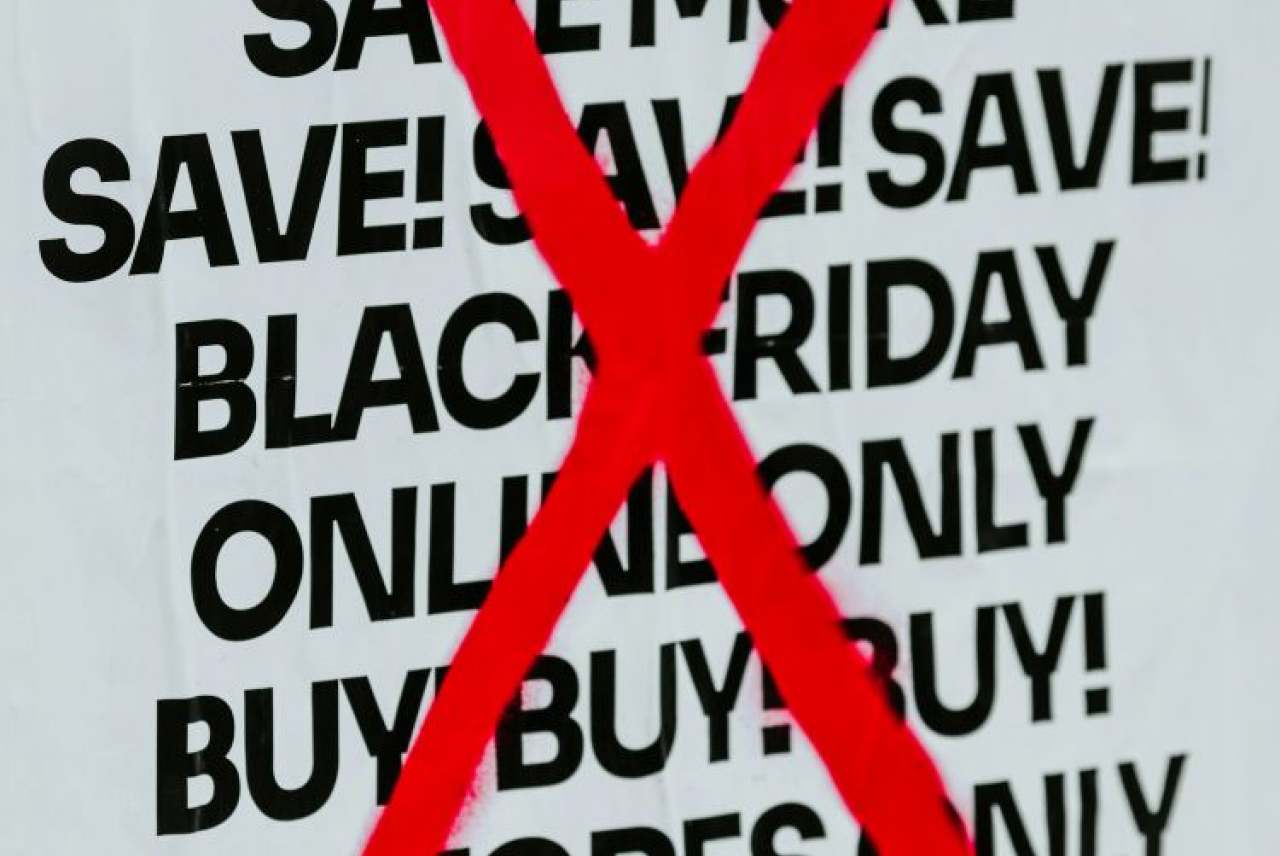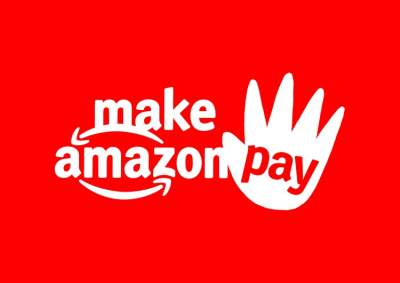Why Boycott Black Friday and Cyber Monday?
There are a number of reasons why some people avoid buying things on Black Friday and Cyber Monday, including:
- tax avoidance strategies of some of the biggest brands involved e.g. Amazon, and the impact on funding for public services
- the encouragement of over-consumption
- the environmental impact of waste generated from the promotional days
We outline these reasons and others in this article.
Plus, there's tips if you want to avoid Black Friday.
Boycott Black Friday for the planet
The carbon cost of Black Friday and Cyber Monday is high.
In 2023 it was estimated that 429,000 tonnes of CO2 would be admitted into the atmosphere from product deliveries on Black Friday. This is equivalent to over 4 billion miles driven by an average gasoline-powered car.
According to logistics company Optoro, returning items bought during the sales used over 1.2 billion gallons of diesel and emitted 12 million metric tonnes of CO2 in the US alone.
Clothing, accessories, electronics and cosmetics are among the most popular Black Friday purchases.
It has been estimated that 80% of electronics and clothing, plus the plastic packaging they are wrapped in, end up in landfill, incineration, or at best low-quality recycling after a very short life.
According to Business Waste, with UK shoppers set to receive 42.8 million parcels on Black Friday in 2025, this will lead to 3,000 tonnes of unnecessary cardboard used in one day, due to oversized packaging.
We are not cutting consumption fast enough to avoid climate meltdown. When it comes to the impact of consumer goods on the planet, repairing, choosing secondhand, and when necessary buying from more sustainable brands is the way to help close the climate gap.
Black Friday is taking us in the opposite direction of where we need to be heading, encouraging the purchase of brand new things we probably don’t even need.







